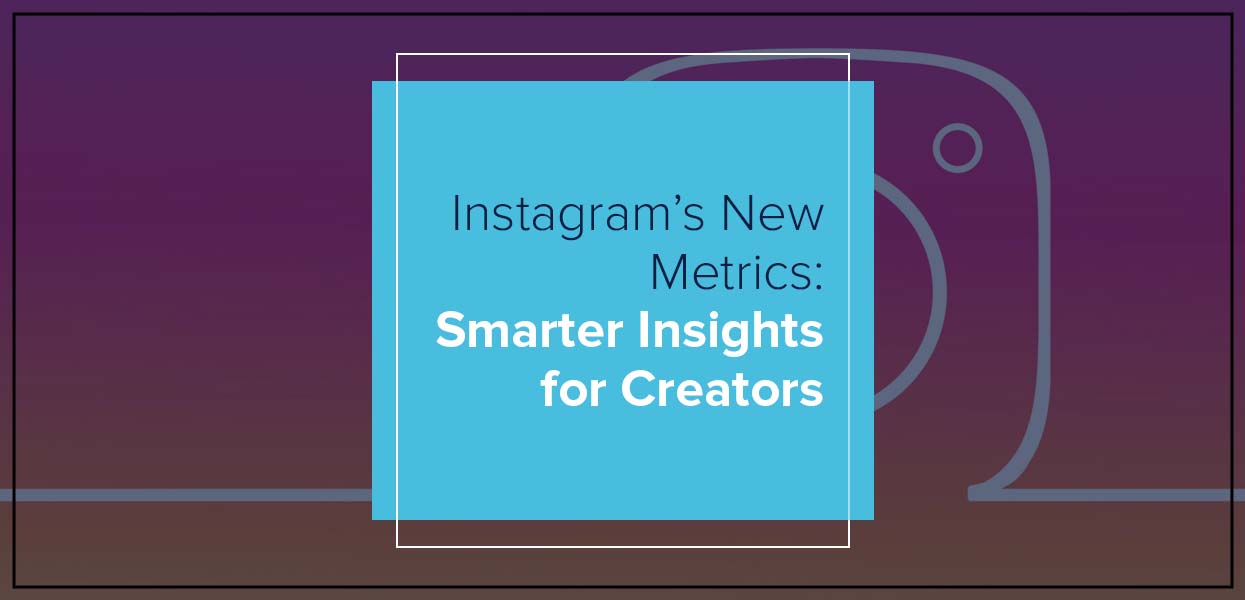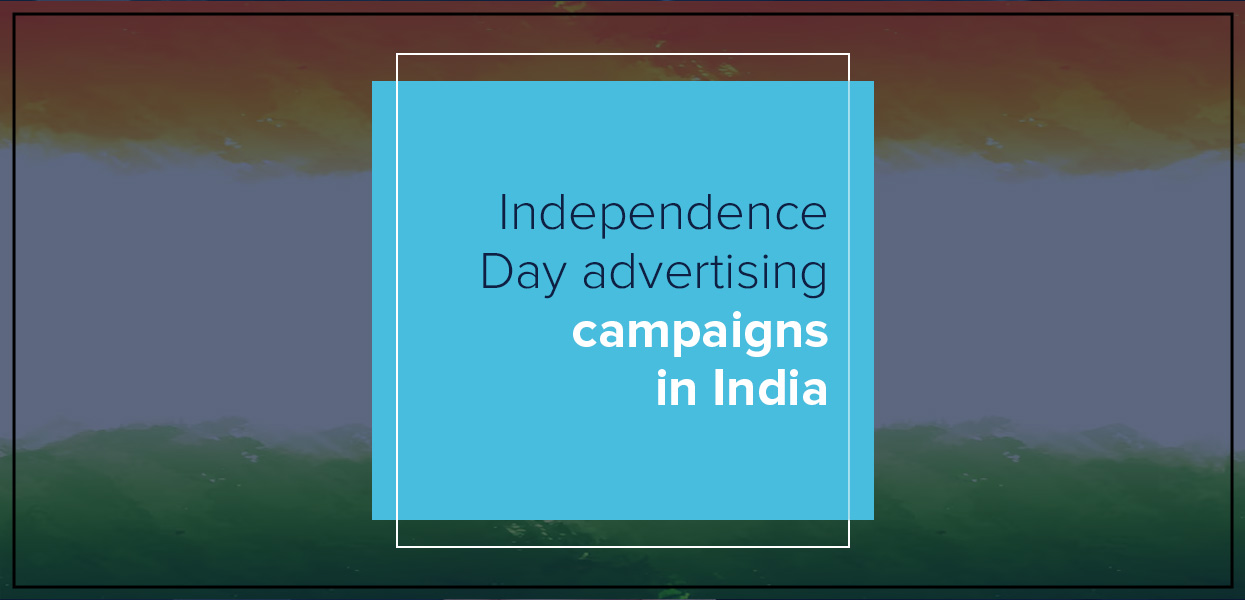Bing vs.Google: Who Won

What made Bing want to beat Google?
If we ask you to search for something for us, which platform would you use to get the required information?
Wait! Let us guess.
It's Google without a doubt.
Don't worry we are not tracking your phone or anything. We know this because over time in the world of search engines, Google has made itself long been king. With its vast index of information and user-friendly interface, Google has dominated the search engine market share for decades.
However, there was a time when another search engine, Bing, aimed to take a bite out of Google's dominance and become a top-tier competitor to it.
Start of Search Engines
Before delving into the reasons behind Bing's desire to compete with Google, it's important to understand the search landscape in the early 2000s. Back in those days, search engines were just starting to make their presence felt on the internet.
You must surely remember Yahoo!
While Google's search algorithm was groundbreaking, it was not the leading player it is today. It was not uncommon for users to turn to alternative search engines to find the information they needed.
This is where Bing saw an opportunity.
Getting the user's attention and differentiating
One of the key factors that led Bing to challenge Google was its focus on differentiation and user engagement. Microsoft, which owned Bing, understood that to stand out, it needed to offer something different.
Bing's strategy revolved around providing a personalised and relevant experience for users. It invested heavily in machine learning and artificial intelligence algorithms to understand user intent and deliver more accurate and relevant search results.
Additionally, Bing focused on creating a visually appealing and user-friendly interface. It introduced features like image search, video search, and voice search, making search a more engaging and interactive experience for users.
Work together and partner up
Another notable aspect of Bing's quest to unseat Google was its partnership and collaboration efforts. Microsoft sought partnerships with various content providers, including social media networks, websites, and news outlets, to enhance its search results.
By leveraging these relationships, Bing was able to gain access to a wider range of content and provide a more comprehensive search experience. This helped differentiate Bing from Google and gave it an edge in terms of delivering relevant and valuable search results.
Market Share Wars
While Bing's efforts to differentiate itself and collaborate with content providers were commendable, Google's dominance remained unchallenged for several years.
However, in 2013, Bing made significant strides when it acquired the popular search engine, Yahoo!
This acquisition gave Bing access to a larger user base and increased its overall search volume. Bing's algorithm, combined with Yahoo!'s vast index of content, made it a formidable competitor to Google.
Taking everything into account
In the end, Bing's desire to compete with Google in the search engine war was driven by a combination of differentiation, user engagement, and partnership. By focusing on providing a more personalised and relevant experience, Bing aimed to capture a share of the search engine market and gain a competitive edge.
Moreover, Bing is still at work getting new updates for users and trying to make the search process easier for customers.
Looking closely, both search engines have built up their fan bases of sorts. While some people prefer Microsoft's Bing as their go-to search engine, some like Google.
Going further, both have made immense strides in AI (artificial intelligence) too.
SEO Partner: Uniworld Studios
Need help getting in the top ranks on Bing and Google?
You can take your SEO efforts to the next level, by partnering up with Uniworld Studios, a digital marketing & SEO expert agency.
We offer a range of services, including SEO services, content marketing, and social media marketing services.
Visit our website at uniworldstudios.com and let us help you dominate the search engine results page.
Categories
- Digital Marketing
- Website Development
- Graphic Design
- Content Writing
Latest Posts
-
- Essential Marketing & Advertising Keywords 2025



